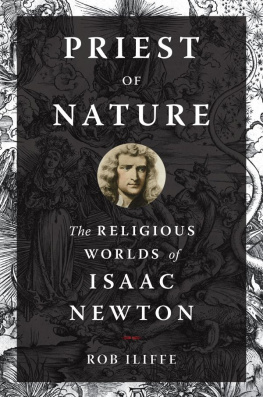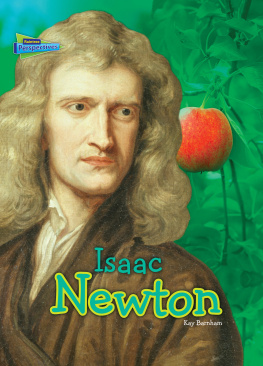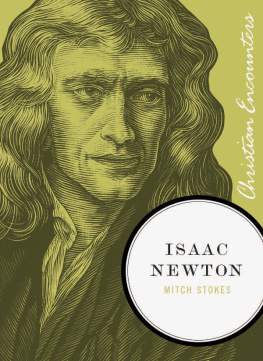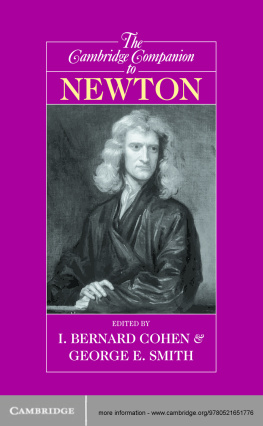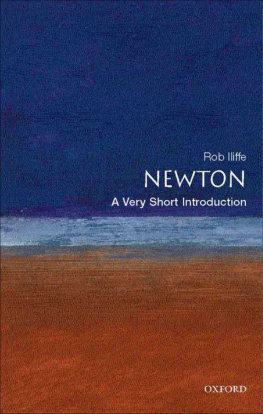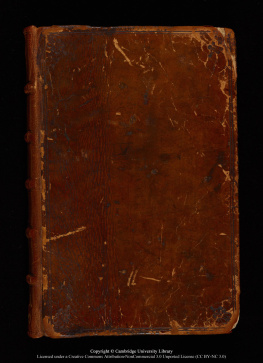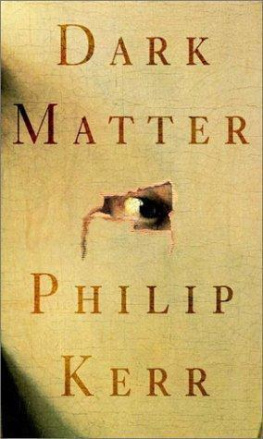Oxford University Press is a department of the University of Oxford. It furthers the Universitys objective of excellence in research, scholarship, and education by publishing worldwide. Oxford is a registered trade mark of Oxford University Press in the UK and certain other countries.
Published in the United States of America by Oxford University Press 198 Madison Avenue, New York, NY 10016, United States of America.
All rights reserved. No part of this publication may be reproduced, stored in a retrieval system, or transmitted, in any form or by any means, without the prior permission in writing of Oxford University Press, or as expressly permitted by law, by license, or under terms agreed with the appropriate reproduction rights organization. Inquiries concerning reproduction outside the scope of the above should be sent to the Rights Department, Oxford University Press, at the address above.
You must not circulate this work in any other form and you must impose this same condition on any acquirer.
Library of Congress Cataloging-in-Publication Data Iliffe, Rob, author. Priest of nature : the religious worlds of Isaac Newton / Robert Iliffe.
Includes bibliographical references and index.
ISBN 978-0-19-999535-6 1.
I Newton, Isaac, 16421727Religion.I.Title.
B1299.N34I45 2013
230.044092dc23
2013032052
The roots of this book go back more than three decades to the start of my PhD thesis. Beginning in the spring of 1986, I spent the best part of three years in the Microfilm Reading Room above the Manuscript Room in Cambridge University Library, working my way slowly through six, thick microfilm reels of Newtons theological writings. The microfilm reader had to be turned laboriously by hand, and there was no facility for making copies of the documents. Due to the poor quality of the microfilm copy, the script in the images was often unreadable. When I could read Newtons hand with relative ease, the material often appeared abstruse to the point of being incomprehensible.
The timing was hardly propitious. Although Frank Manuel, Richard Westfall, and David Castillejo had done pioneering work on the subject, scholars no longer appeared to be interested in Newtons theological writings. Indeed, it was becoming increasingly unfashionable to work on the history of early modern science and it seemed unwise and even obtuse to concentrate on the unpublished religious musings of a dead white European male, despite the fact thator perhaps becausehe remained one of the totemic founders of modern science. However, although I was aware that I might wander completely out of the realm of history of science, I chose to study the subject because it concerned what Newton called difficult things. Rather than simply marvel at the fact that he had spent so much time doing it, I wanted to do justice to the recondite content of Newtons work in this area.
The study of Newtons writings on religion and ancient chronology has moved on dramatically in the last two decades, and there is now a thriving international community of scholars working in the field. This is in part because Newtons life and work remain perennially fascinating. More prosaically, it is due to the fact that almost all of the primary texts are available online as part of the Newton Project, an open access digital edition of Newtons writings in the fields of religion, science, and administration. As a result, it is now possible to search through, read, and annotate digitally in just one hour what took me nearly three years to sift through and record in my own (now indecipherable) handwriting.
From 1998 to 2015, I was the acting director of the Newton Project, overseeing the publication of more than four million words of Newtons theological writings as well as extensive selections from his work on other subjects. This monograph has been immeasurably improved and indeed, made possible by the existence of such resources. While Newtons alchemical interests play only a minor role in this book, I have also benefited from the digital materials available via the Chymistry of Isaac Newton Project directed by Bill Newman at Indiana University. The excellent translations of the Latin texts on the Newton Project produced by Michael Silverthorne have allowed me to check my own earlier versions, and they have enabled many readers to engage with writings by Newton that would otherwise have remained inaccessible.
The Newton Project is indebted to those people who have transcribed and encoded Newtons writings to such a high standard. Of the more than fifty people who have worked on the project I would like to single out for their contributions Dolores Iorizzo, Jos Manuel Caas Rello, Rebekah Higgitt, Shelley Innes, Raquel Delgado-Moreira, Margarita Fernandez-Chas, Daniele Cassisa, Andy Mansfield, Cesare Pastorino, Janet Yvonne Martin-Portugues, Will Scott, Kees-Jan Schilt, Liz Smith, and Niki Black. Liz and Niki are two of a number of Canadian scholars who have produced high-quality encoded transcriptions of religious documents for Newton Project Canada under the leadership of Steve Snobelen, all of which are now housed on the Newton Project. John Young deserves special praise for the number and outstanding quality of the transcriptions produced over the first decade of the project, and for determining how to create complex XML renderings of heavily rewritten drafts according to the guidelines of the Text Encoding Initiative. Mike Hawkins has been the technical supremo behind the project for almost all of its existence, and it would not exist without his brilliant programming skills. This book is, in an important sense, an homage to their collective labours.
The infrastructure of the Newton Project has been aided by many individuals and organisations. Alongside superb IT staff at Imperial College London and the universities of Sussex and Oxford, Ainslee Rutledge and Fiona Allan provided crucial administrative support for almost its entire duration. The project was underpinned by three consecutive large research grants from the Arts and Humanities Research Council (until 2004 the Arts and Humanities Research Board), two major grants from the Joint Information Systems Committee (JISC), a senior award from the European Union, and substantial funding in 20079 from the Royal Society. Generous financial support from the University of Oxford History Faculty, the Dry Family Foundation, Randal Locke and friends, Michael Chowen, and a number of other donors has made possible the transcription of all of Newtons personal papers (including much of his correspondence) and many of his economic and scientific papers.
I was able to carry out much of the research for this book thanks to fellowships at the Dibner Institute (in spring 2004), the Clark Library (in spring 2012), and the Huntington Library (in 201213), where Steve Hindle presided over a particularly congenial setting for doing work on Newton. At the same time, I held the Eleanor Searle Professorship in the History of Science at Caltech, a position that gave me the opportunity to develop some of the core ideas in the book. I had many enjoyable and informative conversations with Jed Buchwald and Moti Feingold at a time when their magnum opus on Newtons chronological research was in production, and a number of fruitful discussions with Diana Kormos Buchwald about the digital history of science.
From the beginning, librarians and archivists have offered vital support for my research on Newton-related matters. In particular I would like to thank Orly Simon, Dan Lewis, Peter Jones, Adam Perkins, and Keith Moore for their generous help. Under the excellent leadership of Grant Young, the Cambridge Digital Library has made available images of all the Newton documents in the University Library, and this resource has been exceptionally useful for my work. Newtons key mathematical papers (and the theological writings of his stepfather) were transcribed and published online as part of a JISC-funded project, Windows on Genius, that involved a productive partnership between the Newton Project and the Digital Library. Godfrey Waller deserves special mention for the unstintingly warm-hearted help he gave me during the years when I worked alone in the Microfilm Reading Room at Cambridge.

